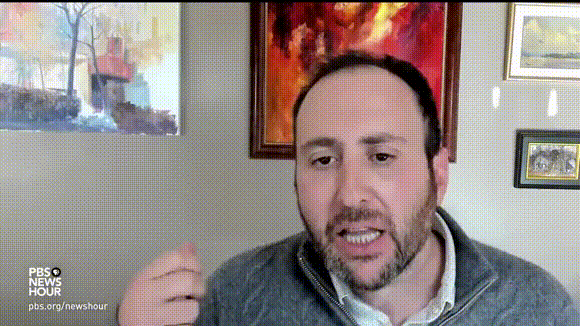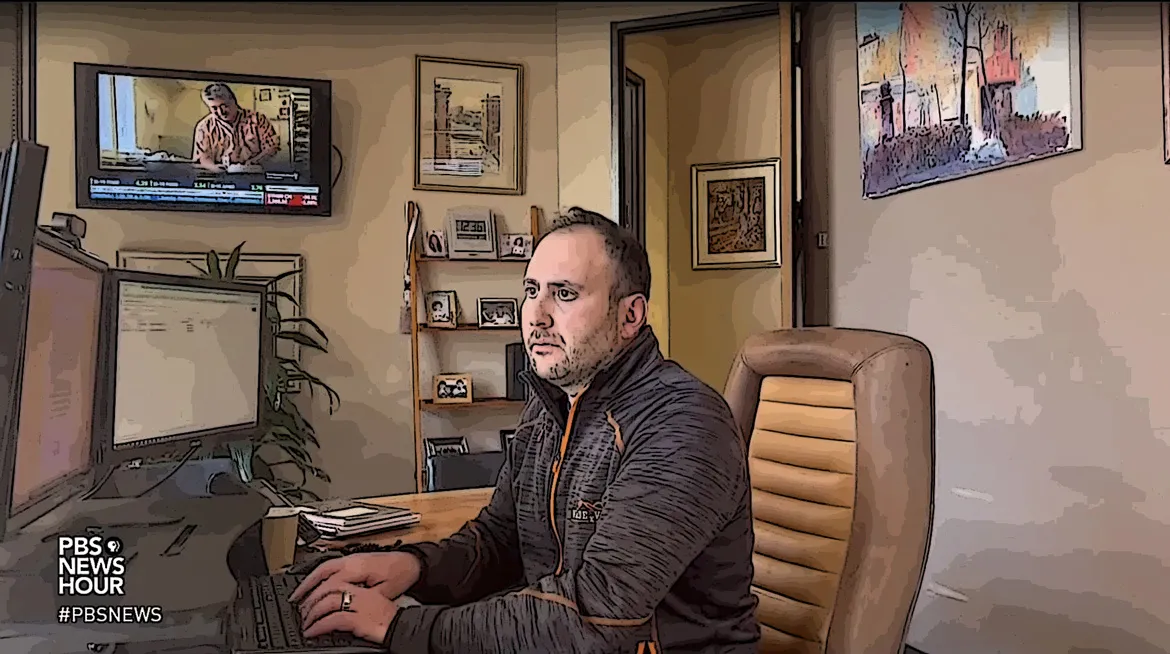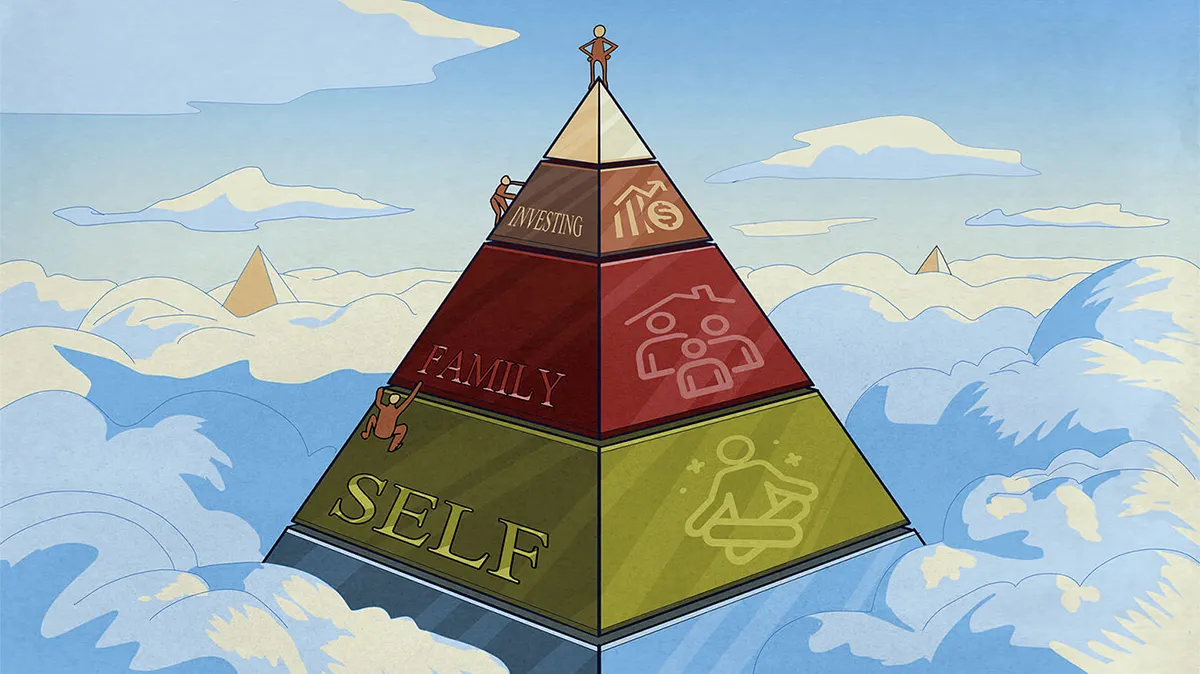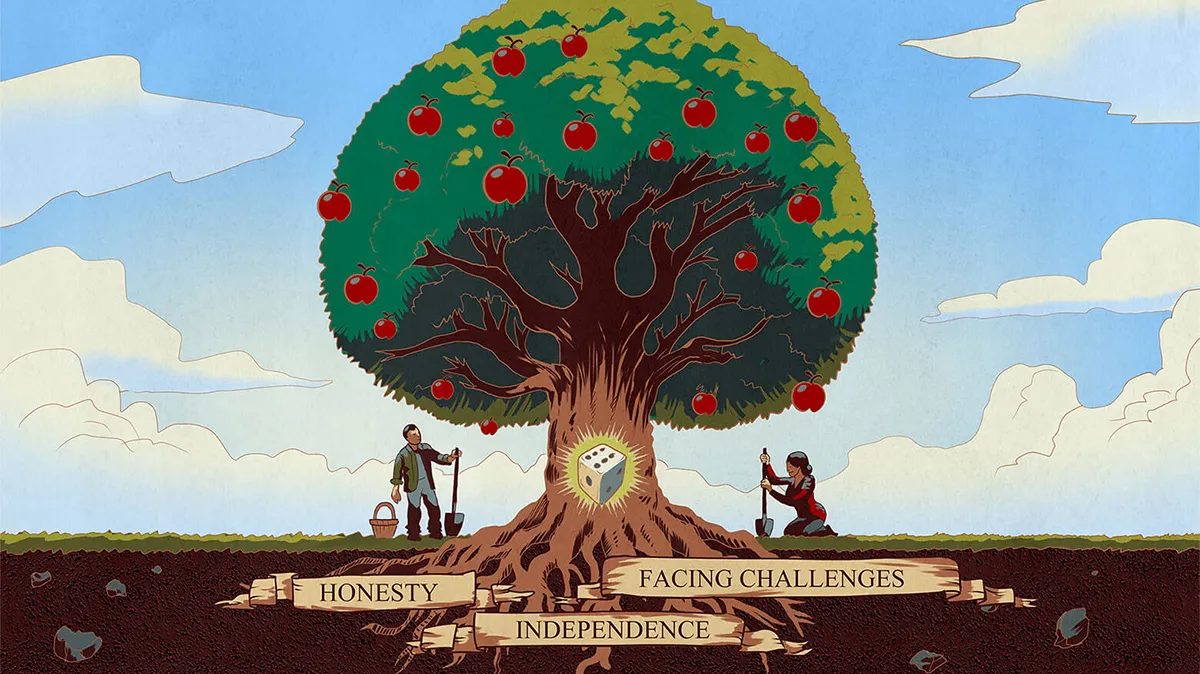I was interviewed on PBS Newshour about the insanity that is happening in the NFT (non-fungible token) market. You can watch it here. If you read my “I Kid You Not Crazy” article, then you know everything I have to say about NFTs and cryptocurrency. I can sum up my thoughts on NFTs in one sentence: NFTs, just like cryptocurrencies, are a technology of the future, but a speculative bubble induced by excess global liquidity in the present.
I encourage you to watch this eight-minute video – PBS did a great job.

This interview was extra special for me because PBS also interviewed my son Jonah and his best friend Rhett.
My interview was conducted by Paul Solman, PBS correspondent and my loyal reader. A while back, Paul and I discovered that our ancestors came from the same small town, Vitebsk, in Belarus. Paul read “I Kid You Not Crazy”, which aligned with the story on NFTs he was working on, and he interviewed me about it. During the interview I shared with him stories Jonah told me about the NFT speculation that is happening on college campuses. Paul asked me to connect him with Jonah.
Paul interviewed Jonah and Rhett for thirty minutes. Their part of the interview was compressed, and only two seconds made it into the show. But this was time well spent, because Jonah and Rhett flipped the conversation from being interviewed to interviewing Paul for another thirty minutes. They are young adults who are about to make life-defining choices. They asked Paul for life advice. Paul has lectured at Yale and West Point, authored several books and lived a long life. He’s a veteran journalist who has met a lot of interesting people and is chock-full of wisdom. I am proud that Jonah and Rhett saw an opportunity to learn and took it.
Jonah took notes and summed up Paul’s advice:
I asked Paul for his advice to a 20-year-old college student, and here is what he said:
- “Look, I know you’re a smart guy, I know you’ll be fine in life, unless you get hit by a car. First piece of advice: “Don’t get hit by a car.” Don’t do anything irreversible, don’t damage your reputation, and NEVER do anything “for the money” or the apparent prestige.
- The key to having a gratifying career is to surround yourself with like-minded people. It is extremely difficult to succeed alone. Whether it’s a business partner, boss, or employee, working with people that you deeply like tremendously increases your chances of success, whether financial or personal. “Stay away from assholes” and embrace people you admire, respect, and care about. Find a life partner who complements you temperamentally.
- When you are 20 years old, take some risks. Whether these risks are financial or personal, this is the time when you can afford them the most. Once you start a family, have a career, and have liabilities, taking risks becomes much more complicated.
- It is advantageous to meditate – it is never too early to learn how to meditate. From Buddhist philosophy, we learn that people easily con themselves into narratives. This concept is not a bad thing; just make sure you don’t con yourself into the wrong narrative. Keep an open and clear mind.
- You guys are in a very different position than I was when I was your age. When I was graduating college, my parents had little to no money. By my junior year I realized that the worst that would happen was that I would become a professor. Jobs were plentiful and housing was inexpensive. America was getting wealthier after World War II, and the gap between the people at the top and at the bottom was narrowing. You didn’t feel like you had to get ahead of the other guy. Your generation is quite different, because traditional jobs don’t cut it anymore; you need to have leverage. Today, college debt is much more expensive. If you take student loans, you start at a financial disadvantage.
- [I asked Paul what had helped him to succeed as a professional interviewer. He answered:] When interviewing, I make people feel comfortable by being myself. I take away the formal aspect of interviewing and make it casual. In our interview today, there were no bright lights, no one said “Action!,” and we simply had a casual conversation that happened to be recorded.
I am in between Jonah’s and Paul’s ages, and I can still relate to Paul’s advice. I’ll address Paul’s first and second points here.
Point 1. Jeff Bezos breaks up decisions into two types: Type 1 and Type 2. He compares them to two types of doors. Type 1 decisions are irreversible. This door only opens one way – once you enter the room you cannot get out. It is very difficult if not impossible to reverse the decision. A Type 2 decision is like a door that opens both ways – you can get in and out easily. Bezos argues that corporations don’t distinguish between Type 1 and 2 decisions. Type 1 decisions should be thoughtfully weighed. Type 2 decisions can be made fast.
In your early 20s, some Type 1 decisions require careful deliberation, some don’t. Choosing a career and your soulmate do. Drinking and driving or getting in a car with a drunk roommate at the wheel, don’t. There is an Uber app for that.
I can also relate to not being seduced into choosing a career for money but rather choosing to do what I loved. I don’t think I had enough self-awareness to make that a deliberate choice when I was 20, but I was lucky. I benefited from a flaw in my innate programming. I am incredibly lazy. I don’t like doing things I don’t like. Some people are good at overcoming this. I am not. I tried different majors; even accounting for a few weeks. Money is a poor motivator for me to overcome my laziness. I was very fortunate that I fell in love with investing in my early 20s and have not worked a day since.
Point 2. I am embarrassed to say this, but have I arrived at truly valuing people quite late in life. This applies to people I let into my life as friends, people I hire, and even to people who work for companies I invest in (I wrote about the softer side of investing here).
When I became the CEO of IMA in 2013, I realized I could actually make choices about who works at IMA and who doesn’t. I describe my travails of hiring and (unfortunately) firing in a bonus chapter called “Data-Driven Hiring” in Soul in the Game (you can read this chapter today, if you preorder the book. Here’s how: Preorder the book on Amazon or BN. Email receipt to . Done!)
I look at Jonah today. He is 20 but has the self-awareness of a person twice his age. (I should know!) I would not have thought to turn interviewer into interviewee. I guess I have a lot to learn from my son.









0 comments